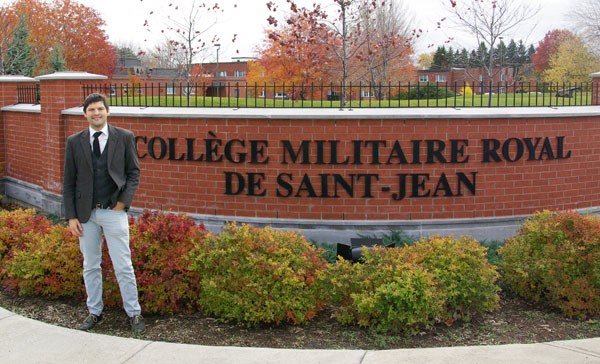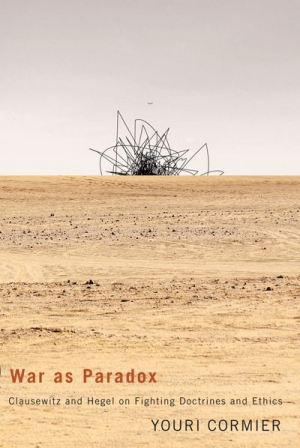“My interest in war started off by thinking about politics, economics and state-building and what happens when these structures, which allow us to co-exist peacefully, break down,” explains Cormier. “War is what happens when all of the above break down or go wrong.”
The book explains “how doctrines, strategies and tactics evolved as a result of modern philosophy — changing the big picture about how we think about war."
A few generations ago, nations fought for reasons such as conquest, power, glory and monarchical successions. These days, Cormier says, God and freedom seem to be the only two remaining reasons. He asks: “How do we explain why only these two never died out like the rest?”
Cormier’s book covers everything from military and conflict studies to the history of philosophy and morality. It began as a master’s thesis and developed through his doctoral studies. In the years that followed, Cormier shaped his thesis papers into a full-length book, which he believes will interest not only military historians and political scientists, but also foreign and domestic ministry and military officials.


 Youri Cormier, BComm 03
Youri Cormier, BComm 03
 War as Paradox: Clausewitz and Hegel on Fighting Doctrines and Ethics is Youri Cormier’s first book.
War as Paradox: Clausewitz and Hegel on Fighting Doctrines and Ethics is Youri Cormier’s first book.